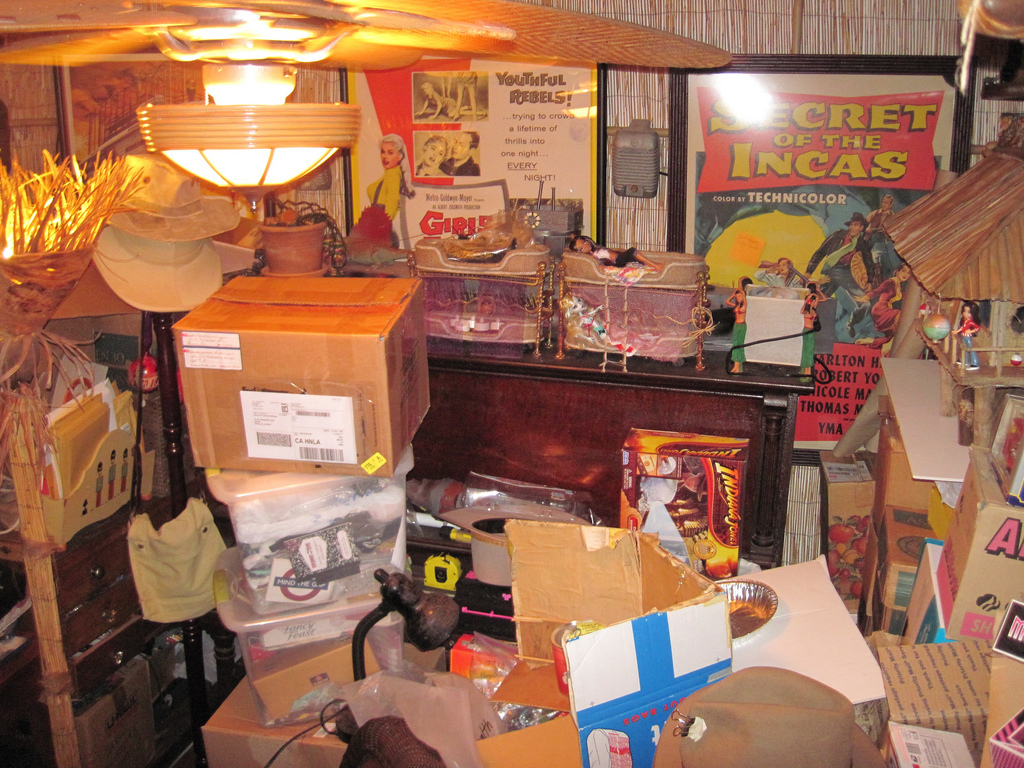
You have probably seen one of the many television shows about hoarding. Have you looked around your home and see some of the same issues that you saw on television? Hoarding is a serious issue that may affect between 2-5% of the population. Here are some questions to see if you may be a hoarder:
Question 1: Do you have more possessions than you can comfortably handle?
Question 2: Are you afraid to get rid of things? Do you believe that you might be missing something if you throw away old items?
Question 3: Do you feel a “rush” from buying or acquiring things? Do you acquire things that you do not need or even want?
Question 4: Do you have an emotional attachment to your possessions? Everyone has some things that have sentimental value to them, but how far does this extend for you?
Question 5: Are there parts of your home that have become unusable due to the amount of stuff you have? Are you unwilling to have people over to your home because of your possessions?
Question 6: Has the amount of your possessions caused problems for you or others due to health, safety, financial strain, and interpersonal or relationship problems?
Compulsive hoarding is a real clinical problem. If you’ve answered yes to several of these questions, or believe that you, or someone you know, are having other problems that we did not list here, please seek help. See a doctor or counselor and discuss with them how you feel hoarding is affecting you and those you love. The International OCD Foundation has a page with resources for hoarders. There are also support groups such as Clutterers Anonymous that can direct you towards resources and support.
If you’ve answered no to most of these questions, but you have a lot of stuff around your house, that doesn’t necessarily make you a hoarder; you may just be messy. A home filled with clutter can have a negative impact on your mood, your health and your relationships. Visit the organization section of Moving Insider and use some of our tips to get your home cleaned up and organized.
Related Post:



